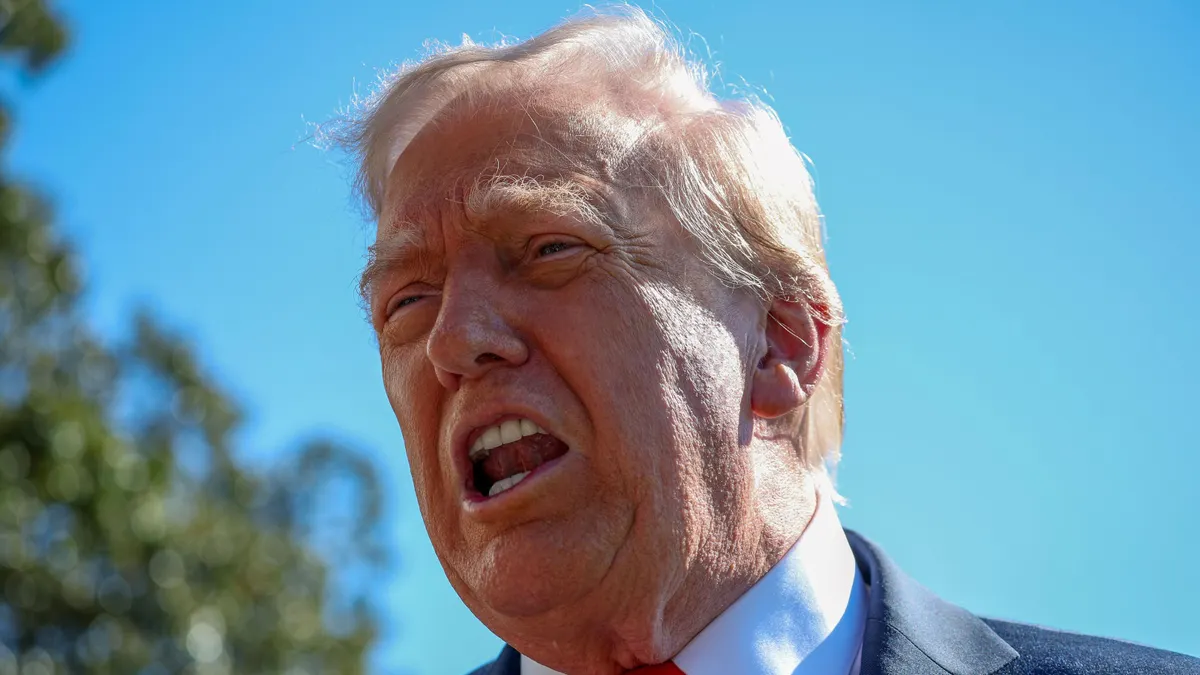Dive Brief:
- The Medical Device Manufacturers Association has warned that applying more tariffs to medical technologies will undermine efforts to reshore manufacturing and strengthen domestic production.
- MDMA, which publicized its position Monday, shared the feedback in response to a Section 232 investigation that could lead the U.S. to apply targeted tariffs to imports of medical equipment.
- The trade group said the tariffs could incentivize companies to stop serving other countries from U.S. facilities, disadvantage American businesses in global markets and raise device prices.
Dive Insight:
The Trump administration is running the Section 232 investigation to understand the potential national security risks of the U.S.’s reliance on imports of certain medical consumables and equipment. As part of the process, the administration has sought public feedback. AdvaMed recently submitted its response, arguing that tariffs could drive supply disruptions and cost increases.
MDMA, another medtech trade group, made some similar points to AdvaMed in its response. Mark Leahey, president and CEO of MDMA, said in a statement that tariffs would “needlessly disrupt a globally integrated industry that already meets domestic demand, complies with rigorous regulatory standards and supports American innovation and jobs.”
As well as arguing against Section 232 tariffs, MDMA shared advice on what the administration should do if it decides sector-specific levies are needed. Many of MDMA’s recommendations overlap with points that AdvaMed made to the administration.
Both trade groups support the U.S. reaching reciprocal tariff relief agreements with preferred trading partners and maintaining the pact with Canada and Mexico. Other points of agreement include a call for a phased implementation of any tariffs and the continuation of duty drawback to keep U.S. exports competitive.
Other recommendations are unique to MDMA. The trade group put more emphasis on strengthening intellectual property than AdvaMed, calling for the government to advance targeted trade enforcement efforts in response to “persistent threats from markets like China.” MDMA also pitched stockpiling as a way for the U.S. to achieve its goals.
“An alternative means to achieve U.S. medical supply chain resiliency is leveraging public-private partnerships. There’s an opportunity to stockpile medical supplies to enhance U.S. national security,” MDMA said. “These systems exist already, including the Strategic National Stockpile, and through other private means.”
The Section 232 comment period ended Oct. 17. Amid a government shutdown, Regulations.gov is yet to publish any comments on the consultation docket. Organizations including the American Hospital Association, Business Roundtable, the U.S. Chamber of Commerce, the Health Industry Distributors Association and the National Association of Manufacturers have shared comments via other channels.
All of the organizations raised concerns about Section 232 tariffs, joining AdvaMed and MDMA in noting the potential for further levies to cause disruption while failing to boost supply resiliency and domestic production.













